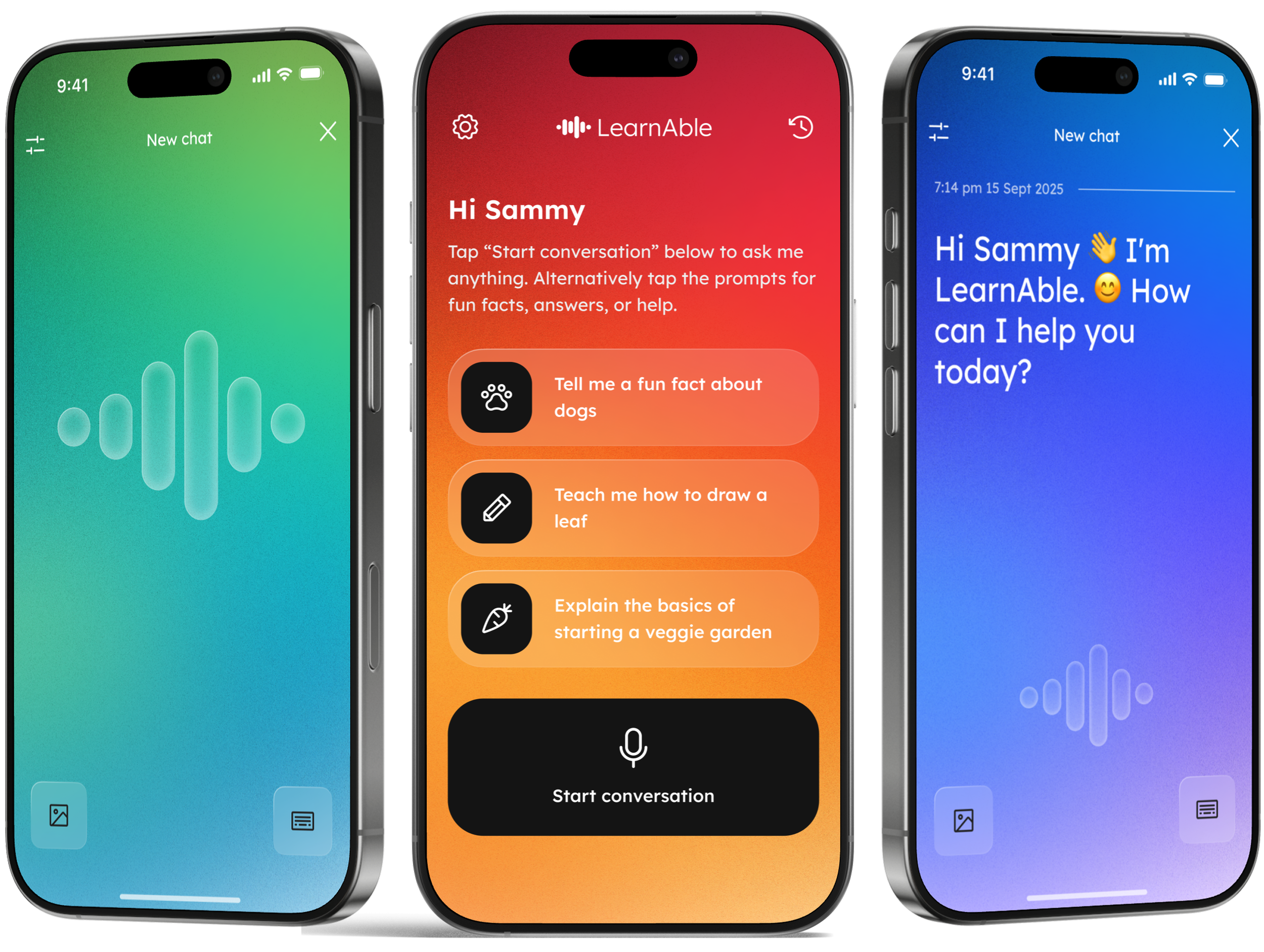
Redefining NDIS Care.
Integrated therapy and support across complex needs, mental health, and neurodivergence.
Staying Independent is an international award-winning, clinician- led NDIS practice built for participants with complex needs from teens through to adults. Our therapists and Support Workers operate as one coordinated team, so goals don't get lost between the reports, the plans and what actually happens in daily life.
Our approach is designed for collaboration, focused on each individual’s outcomes, and built around what matters most to participants and their families.
The Integrated Outcomes Model™
Support Workers are trained by our clinical staff, guided by clear strategies, and supported before, during, and after every shift.
At Staying Independent, your therapist and support worker are on the same team. If something isn't working on a Tuesday, it changes on a Tuesday. Your funding goes further. Progress happens faster. Nothing falls through the cracks.
Clinically led.
Professionally governed.
Staying Independent is owned and run by Occupational Therapist Kezia Kingston. Clinical governance is embedded into how we design services, train staff, and make decisions.
Adolescents and young adults
Neurodivergent individuals
Intellectual disability
Psychosocial disability
Our Clients
Our core client groups
Our Services
Occupational Therapy / Dietetics / Speech Therapy
Support Workers employed for each client
In-home / 1:1 / Group
The world’s first AI platform built for people with a cognitive disability.
Built by our founder Kezia Kingston, LearnAble supports cognitive mobility in everyday life, designed for people whose brains work differently.
Let’s Connect
Whether you're a participant, provider, or professional ready to chat, we’d love to hear from you.






